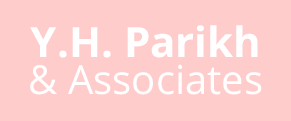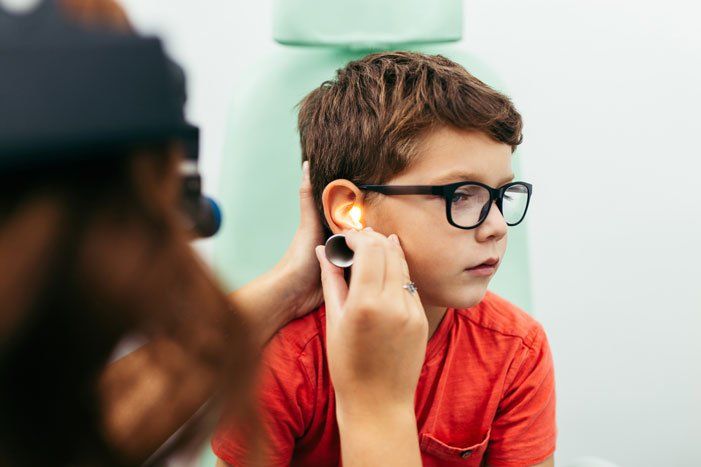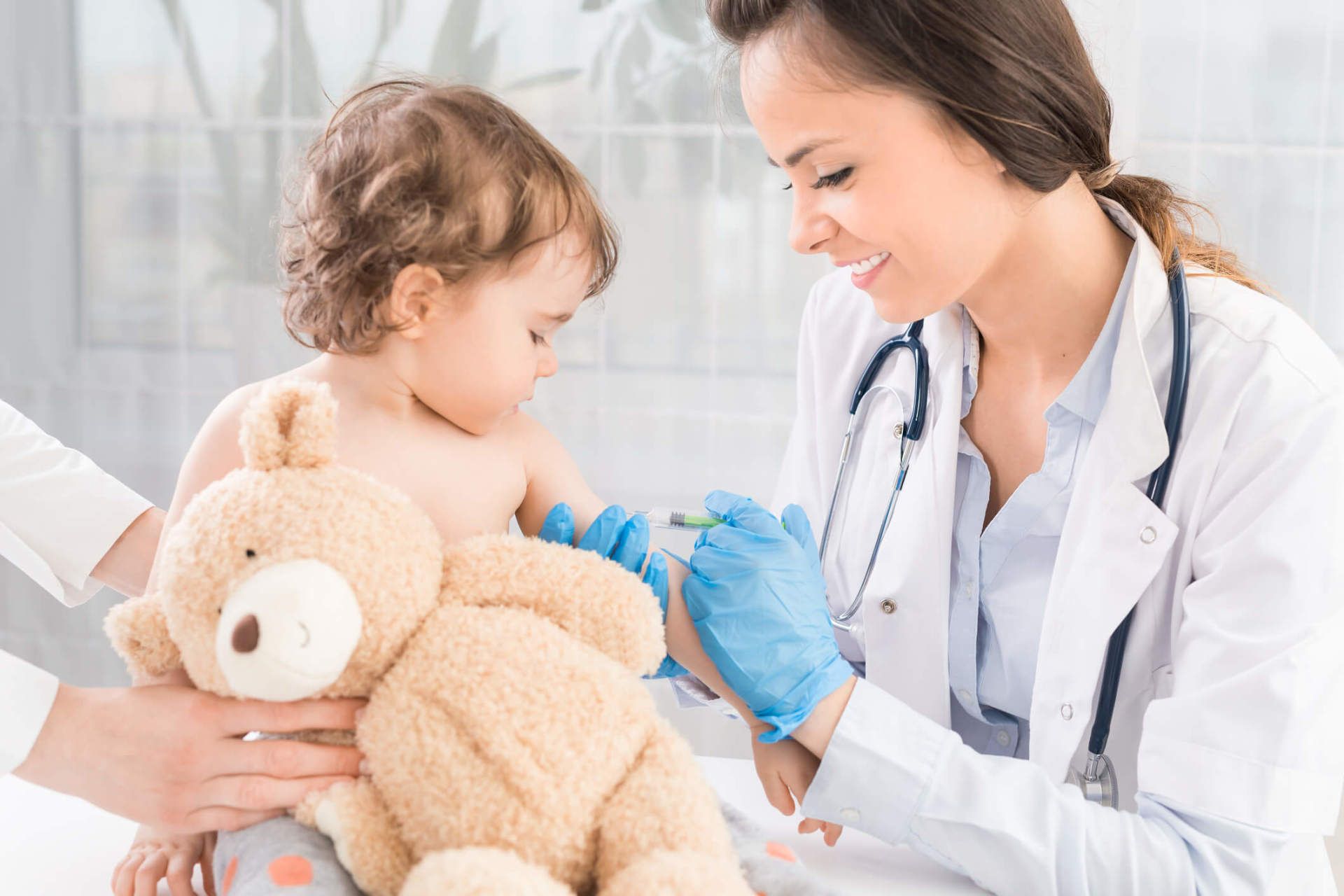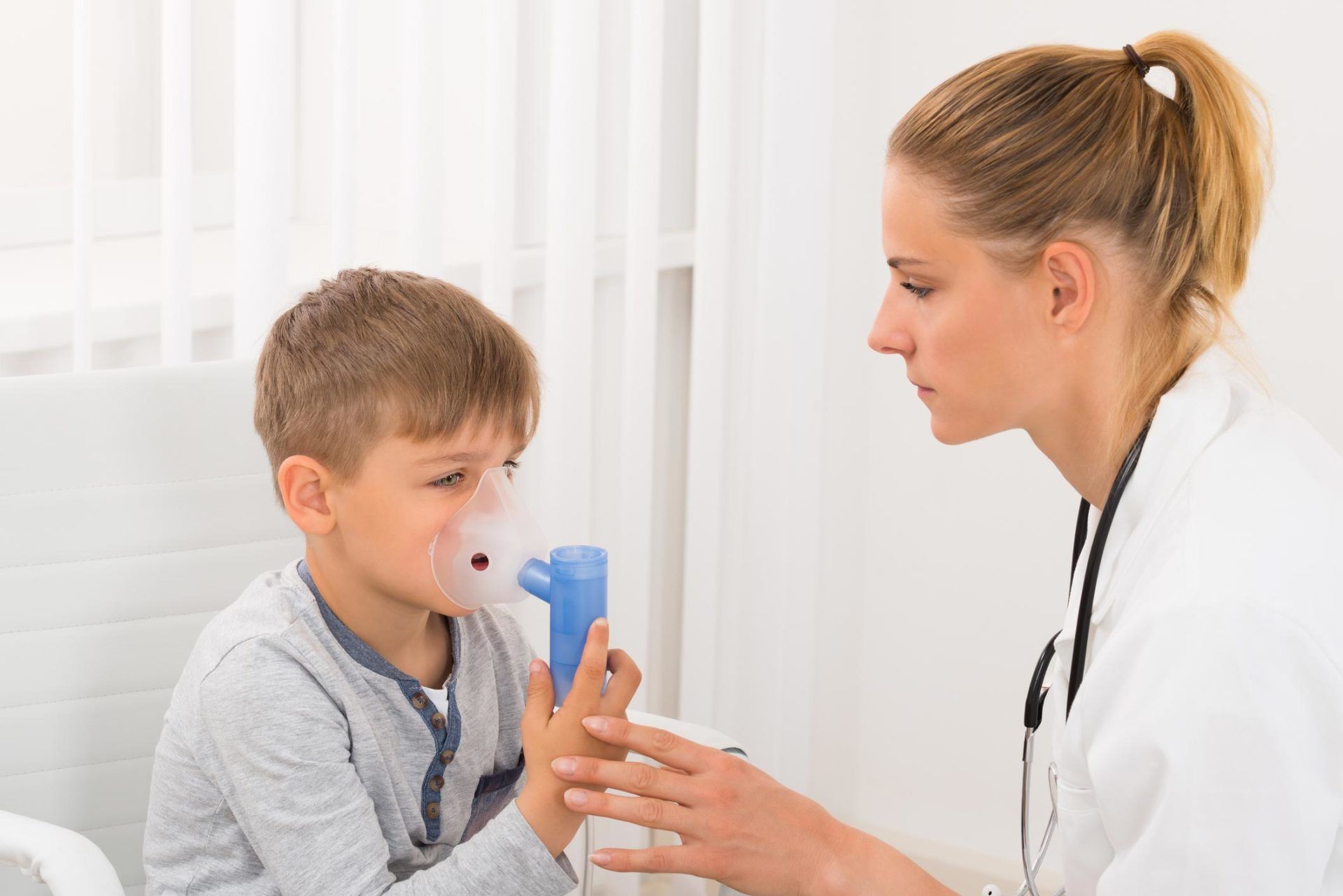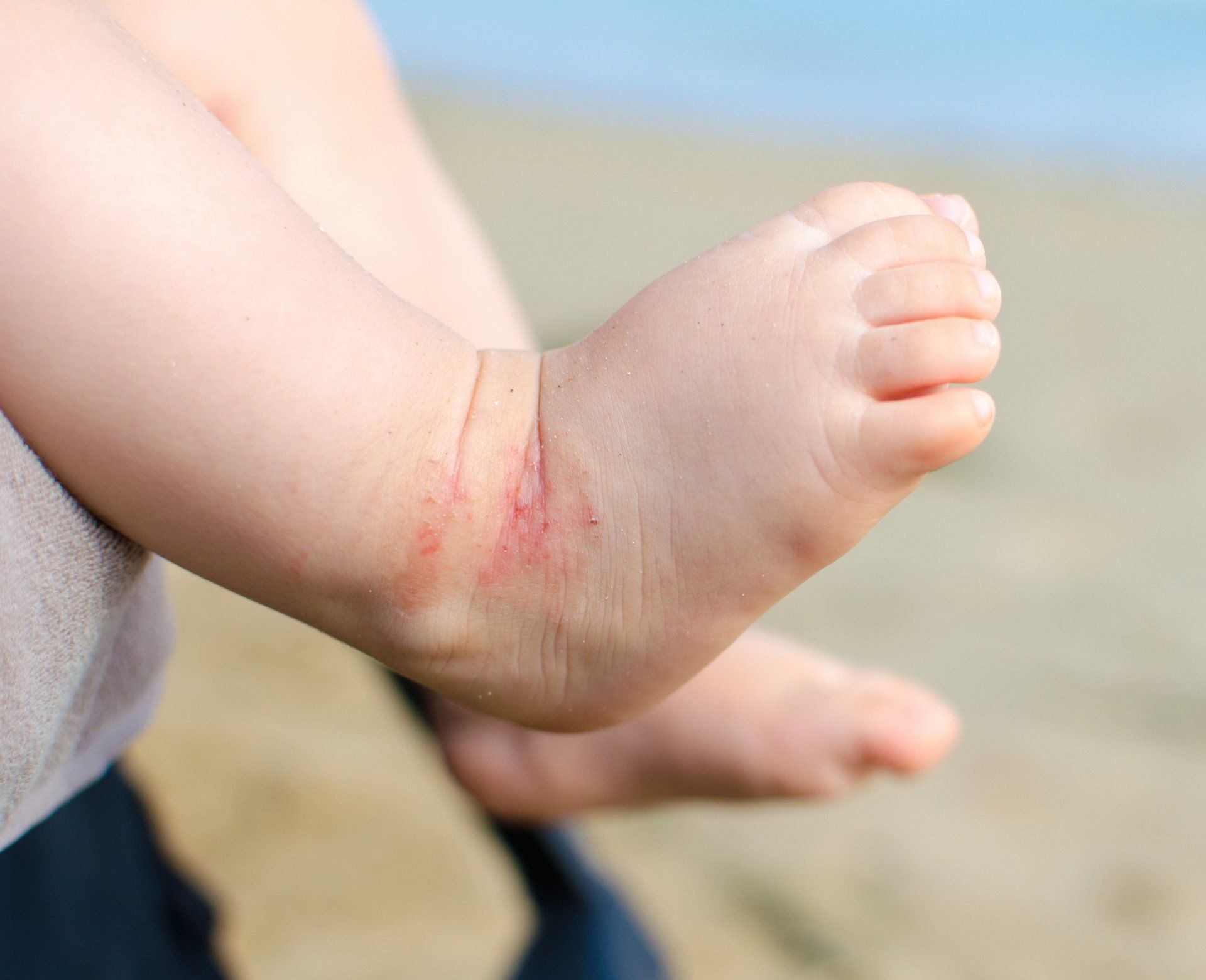1. Administer Medications via Nebulizer
The most common and effective way to treat asthma in children and adults of any age is through the use of prescription medications. However, babies do not have the understanding of their situation to use the inhalers that older children and adults are often prescribed.
Because your baby is too young for an inhaler, you will likely be asked by your
pediatrician
to administer your baby's prescriptions with a machine known as a nebulizer. Nebulizers take the same liquid medicine that would be found in an inhaler and vaporize it into a cool mist.
This mist flows from the machine to a facemask through a hollow tube. To administer your baby's asthma medications, you will need to hold the mask over their face (nose and mouth) so they can breathe in their medication. Such treatments can take anywhere from five to twenty minutes or so depending on the medication(s).
It is important to make sure your child breathes in all of the medication in their dose. The nebulizer treatment is finished when the air coming through the tube is clear and there is no evidence of any mist left. When this happens you can remove the mask and turn off the machine.
2. Consider Putting an Air Purifier in Their Nursery
The quality of the air in your home can have a major impact on your baby's health, especially the air in their nursery (where they spend a great deal of time). As such, it can be quite beneficial to your baby and their asthma if you have a standalone air purifier in their nursery.
Air purifiers are designed to remove a wide variety of contaminants from the air that could cause respiratory issues. Some of these contaminants include dust, mold spores, smoke, pet dander, and smog. Running such a machine in your baby's nursery will greatly reduce the levels of these substances in the air.
When the air is free of contaminants, your baby can breathe easier and their lungs and bronchial tubes will function better, reducing their wheezing, as well as asthma attacks in general.
3. Change Clothes Right Away When You Have Been Away from Home
When you have been out in the world, whether you were picking up groceries or at work for the day, you will come into contact with air filled with a variety of pollens and other particles. Some of these particles can be quite irritating to your baby's airways.
To reduce the contact that your baby has with these particles, as well as the amount of contaminants in your home at any given time, it is a good idea to change your clothes as soon as you come home and avoid or minimize contact with your baby until you have changed clothes and washed up.
If possible, keep clothing you have worn outside of the home in a designated hamper inside your laundry room so they do not contaminate the rest of the house. While it may seem extreme to take such steps, your baby's lungs and bronchial passages are small and even the slightest irritant could trigger an asthma attack.
These tips will help you to better help your young infant with their asthma treatments and will allow you to reduce their symptoms inside your home. For more information on how to treat your baby's asthma, contact Y.H. Parikh & Associates.

